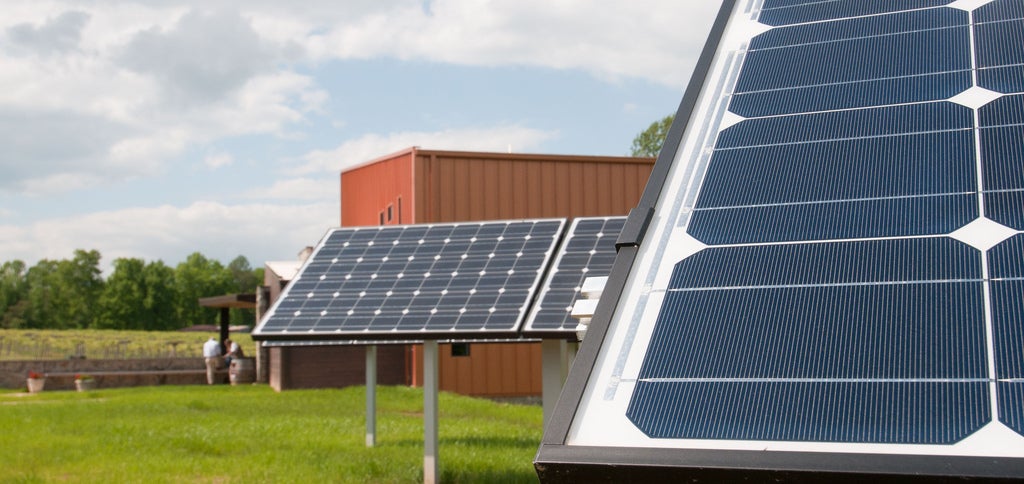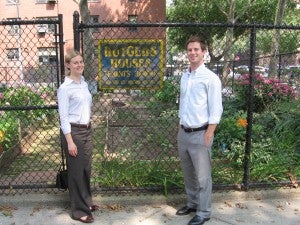By: Victoria Mills, Managing Director of Corporate Partnerships for EDF, and Michael Regan, Director of Energy Efficiency, EDF
Recent headlines paint a gloomy picture of our economy, with its looming deficits and stubborn unemployment rate. And let’s not forget the steady stream of evidence that climate change is already happening. But today, a ray of sunshine breaks through these cloudy skies: the news that companies, cities and universities have found ways to save millions of dollars while avoiding hundreds of thousands of metric tons of carbon pollution. How did they do it? EDF Climate Corps.
Today, EDF announced that this summer’s class of Climate Corps fellows uncovered efficiencies in lighting, computer equipment, and heating and cooling systems that can:
- Cut 600 million kilowatt hours of electricity use and 27 million therms of natural gas annually, equivalent to the annual energy use of 38,000 homes;
- Avoid 440,000 metric tons of CO2 emissions annually, equivalent to the annual emissions of 87,000 passenger vehicles; and
- Save $650 million in net operational costs over the project lifetimes.
Thanks to the work of our EDF Climate Corps fellows, organizations as diverse as McDonald’s, Target, the New York City Housing Authority, and North Carolina Agricultural & Technical University all found significant cost savings and greenhouse gas reductions through energy efficiency. This is indeed cause for celebration.
But imagine how good the news would be if everyone reaped the full benefits of energy efficiency. The opportunity is enormous: McKinsey & Co. estimate that by 2020, the U.S. could reduce its energy consumption by 23 percent through energy efficiency measures, cutting CO2 emissions by over a gigaton and saving over a trillion dollars.
EDF created Climate Corps to cut carbon pollution by overcoming the barriers that prevent organizations from investing in energy efficiency. Now in its fourth year, EDF Climate Corps has grown from 7 fellows in 2008 to 96 in 2011, and expanded to a nationwide program that spans corporate, academic and government sectors. For us at EDF, the best news of all is our implementation rate: to date, projects accounting for 86 percent of the energy savings identified by 2008-2010 EDF Climate Corps fellows are complete or underway.
We’d love to bring some of this good news to your organization. Visit edfclimatecorps.org to learn how to hire an EDF Climate Corps fellow in 2012, or email us at info@edfclimatecorps.org.
EDF Climate Corps places specially-trained MBA and MPA students in companies, cities and universities to develop practical, actionable energy efficiency plans. Sign up to receive emails about EDF Climate Corps, including regular blog posts by our fellows. You can also visit our Facebook page or follow us on Twitter to get regular updates about this project.
 Growing up in eastern North Carolina was a great experience. Wayne County was my home, and I spent many weekends fishing for bass and hunting quail with my father on the family farm in nearby Bladen County. The time outdoors was great for character building, and visiting with relatives, friends, and elders in the community was equally important for understanding my heritage and the challenges my parents overcame.
Growing up in eastern North Carolina was a great experience. Wayne County was my home, and I spent many weekends fishing for bass and hunting quail with my father on the family farm in nearby Bladen County. The time outdoors was great for character building, and visiting with relatives, friends, and elders in the community was equally important for understanding my heritage and the challenges my parents overcame.










